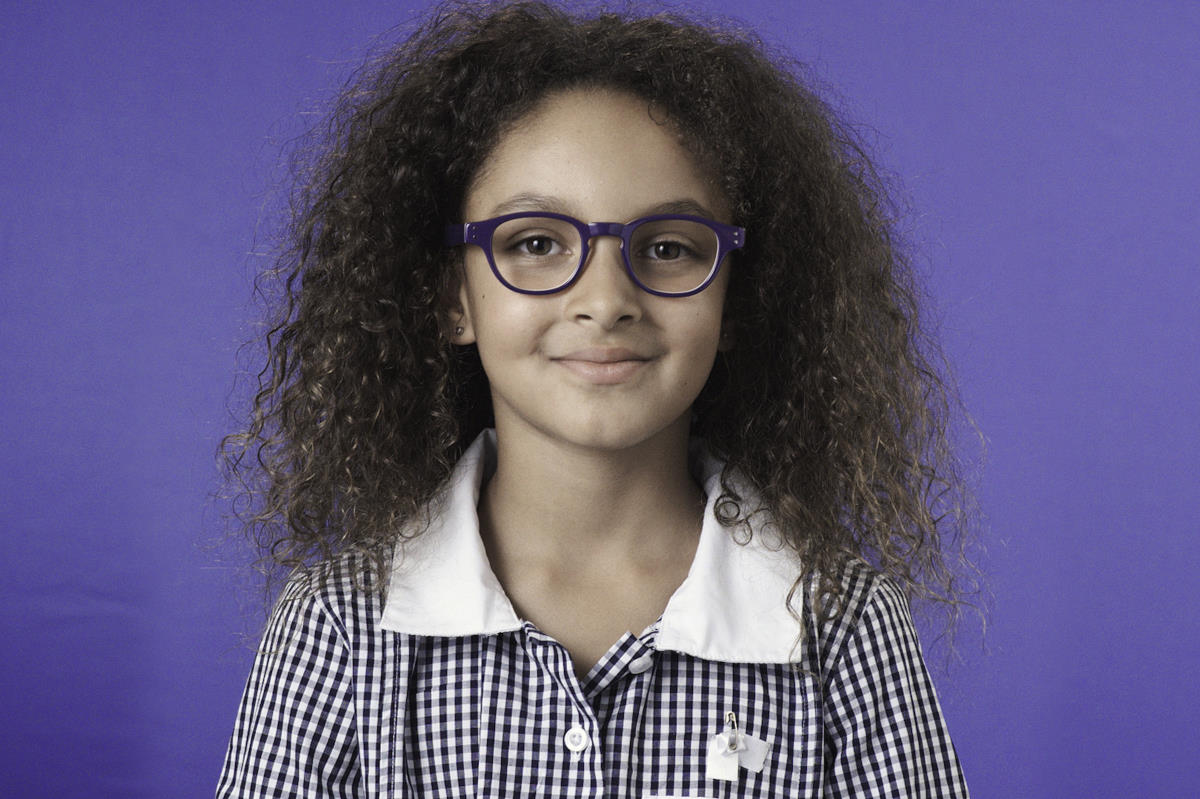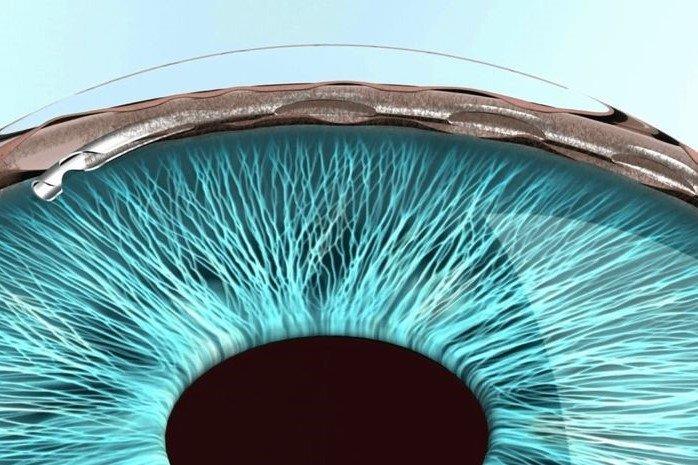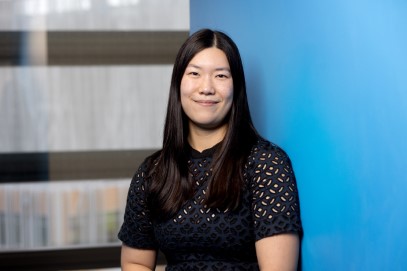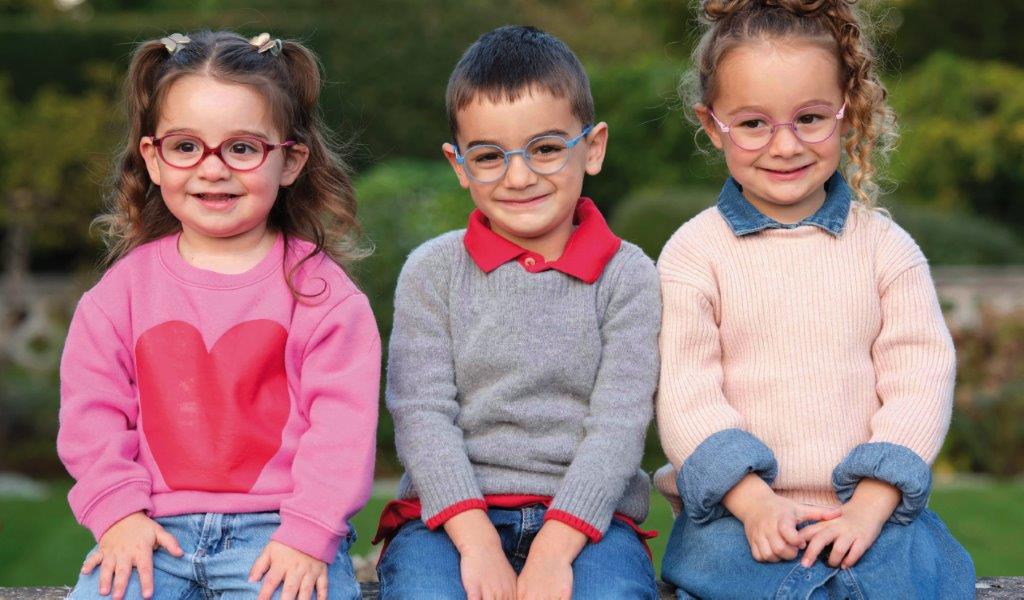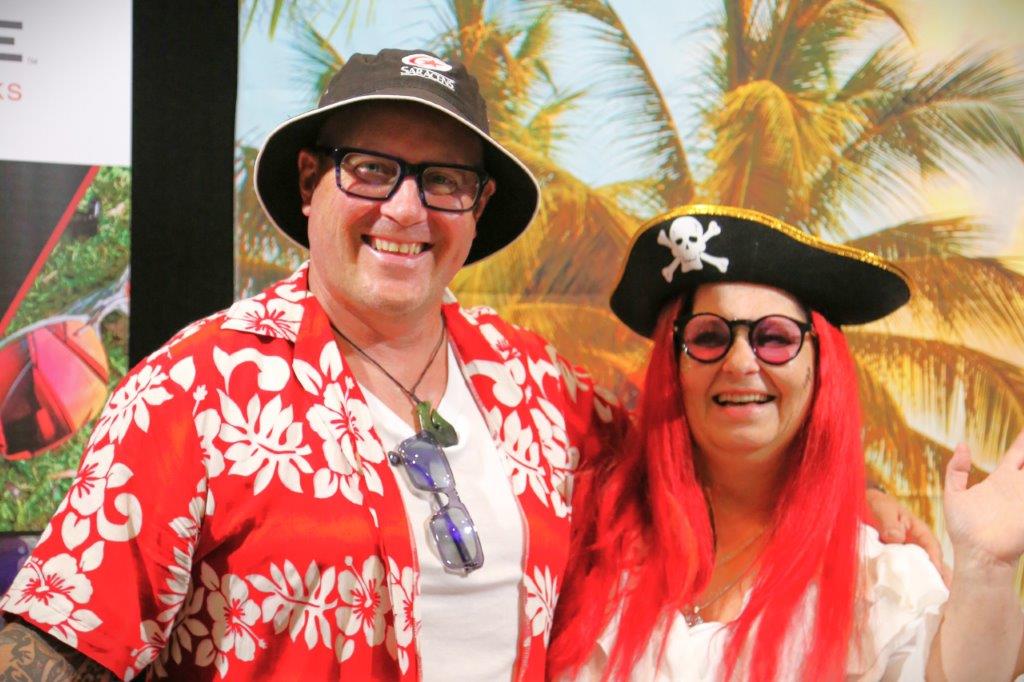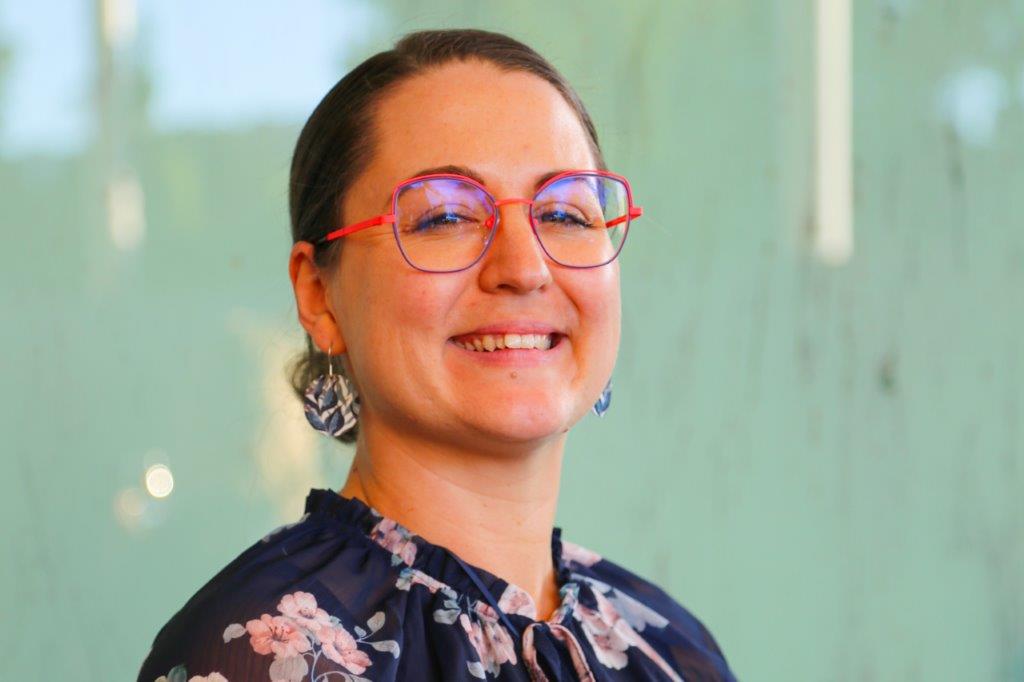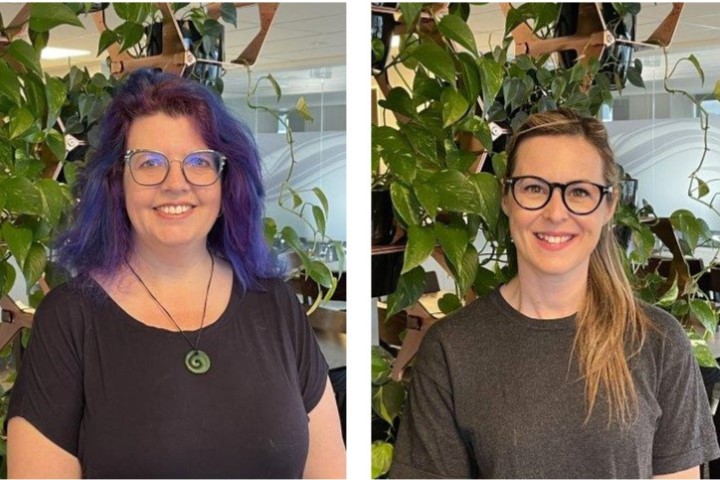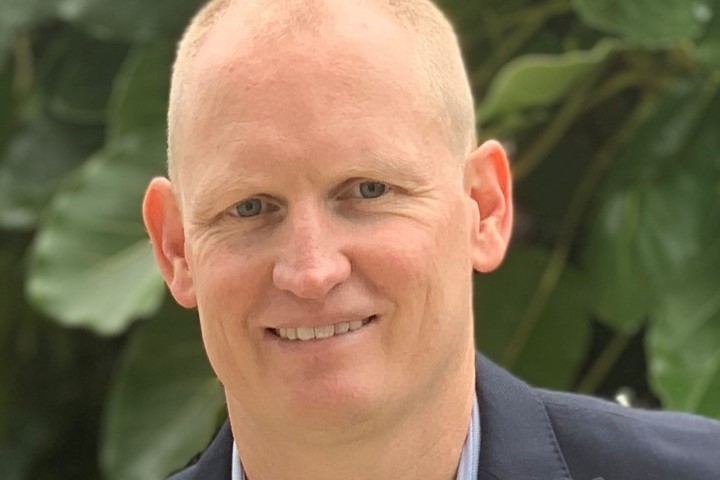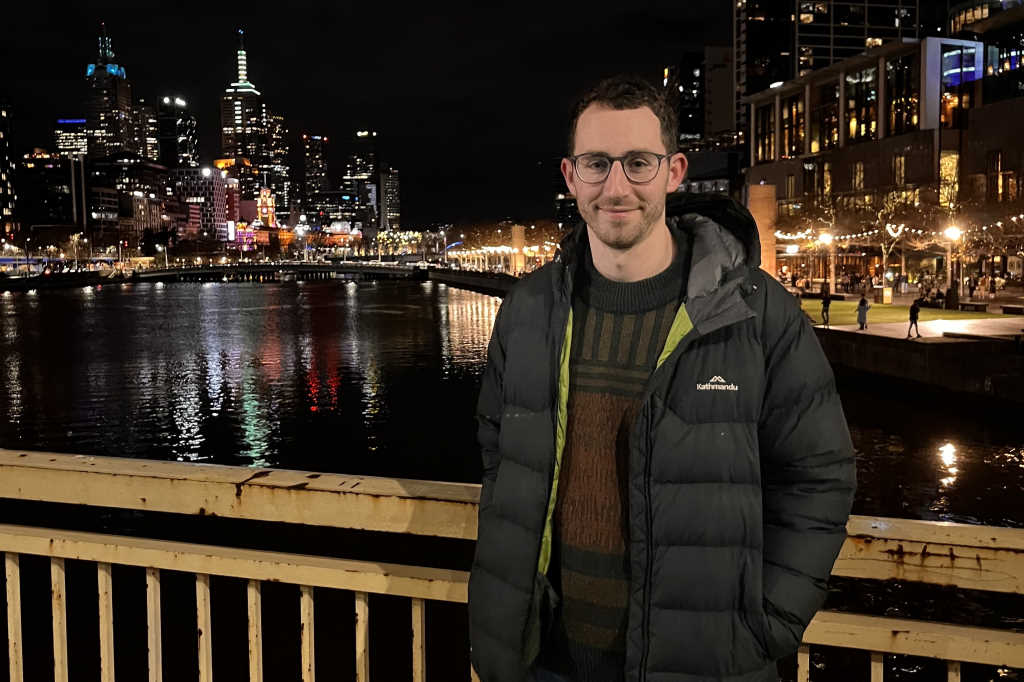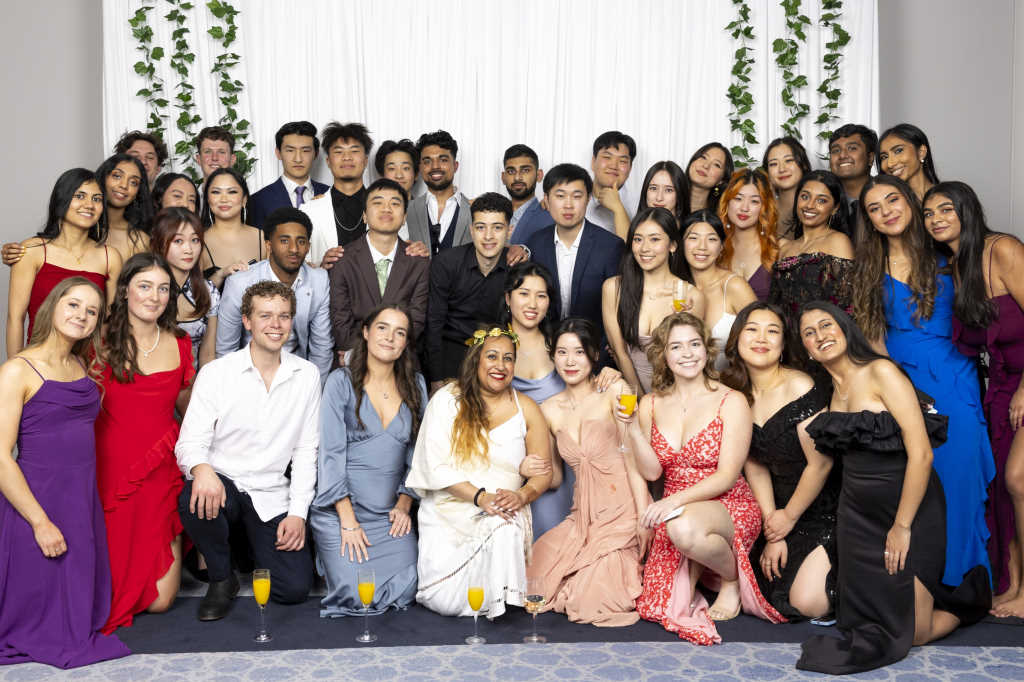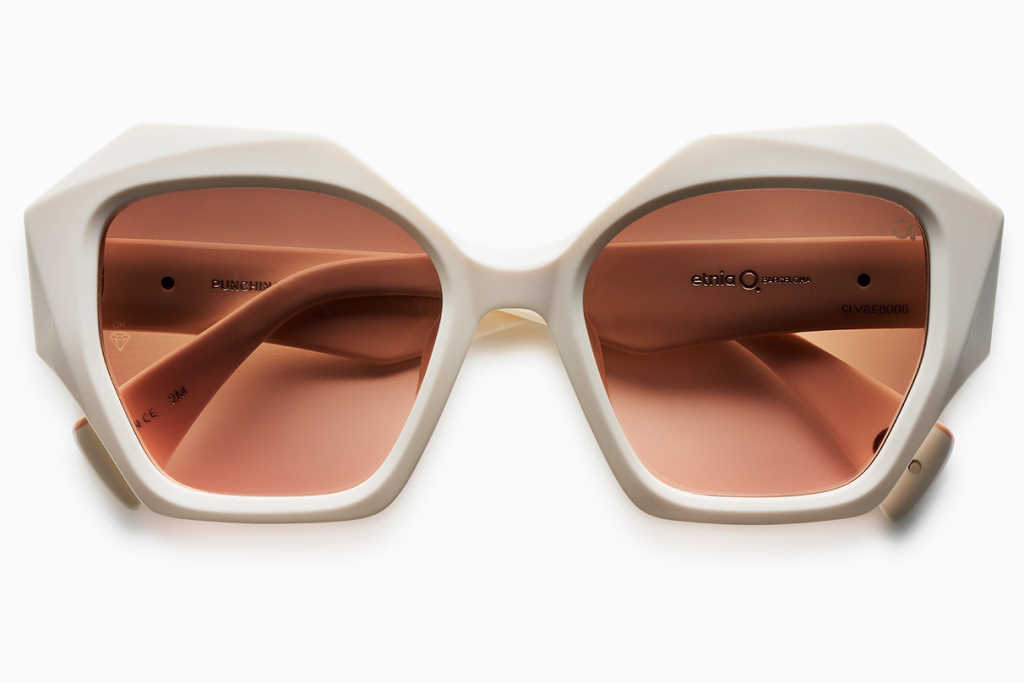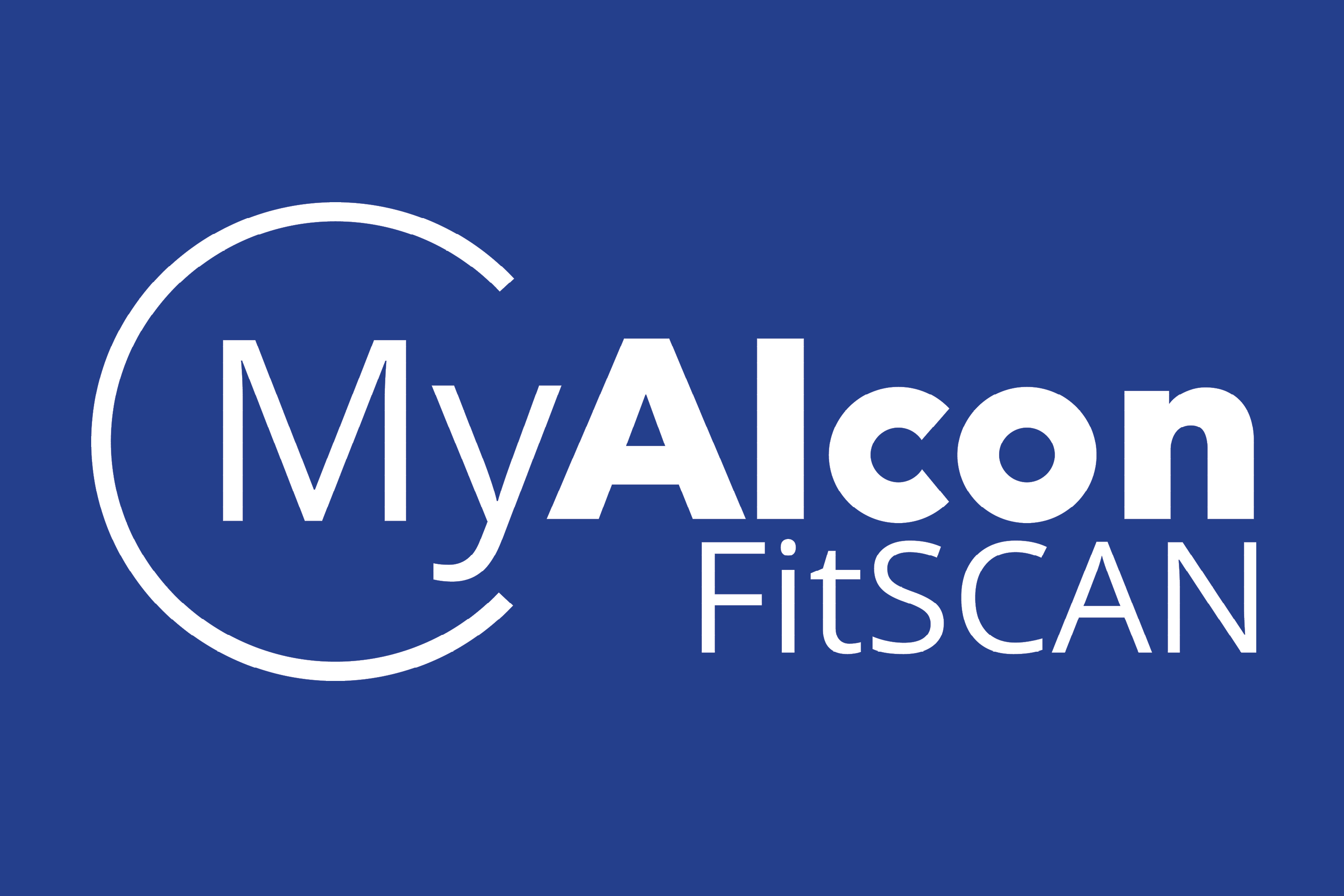Atropine efficacy in European myopic children
A small pilot study concludes that a topical low-dose Atropine (0.01%) is effective and safe in European schoolchildren.
The study, conducted in Germany, included 56 children with a median age of 11 years (range 6 to 17 years). The children were administered 12 months of topical treatment with 0.01% preservative-free atropine in both eyes at bedtime every day. Efficacy was assessed during treatment every six months. In a subset of 20 patients, treatment of the second eye was delayed by one day to enable a controlled safety assessment of side effects such as pupil dilation, hypo-accommodation and near vision reduction.
Prior to treatment, the mean myopia progression was estimated at 1.05D/year, after 12 months of treatment with 0.01% atropine it was 0.40D/year (p < 0.0001). This represents a 62% reduction in the progression of refractive myopia. The only consistently measurable side effect was the induction of 1mm pupil dilatation, which was noticeable only in comparison to the non-treated eye during the safety investigation.
While several clinical studies have explored the effect of a topical low-dose atropine on myopia progression in East Asian children, studies including children of European ancestry are few and evidence is inconclusive, said researchers. They hope this new data leads to more randomised clinical trials, especially in non-Asian children.










